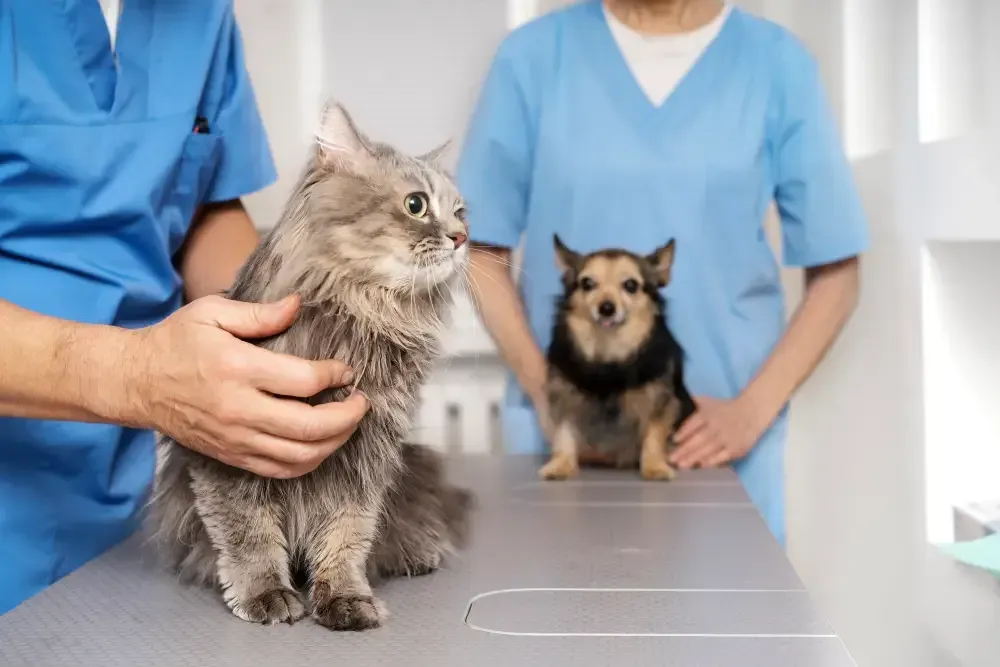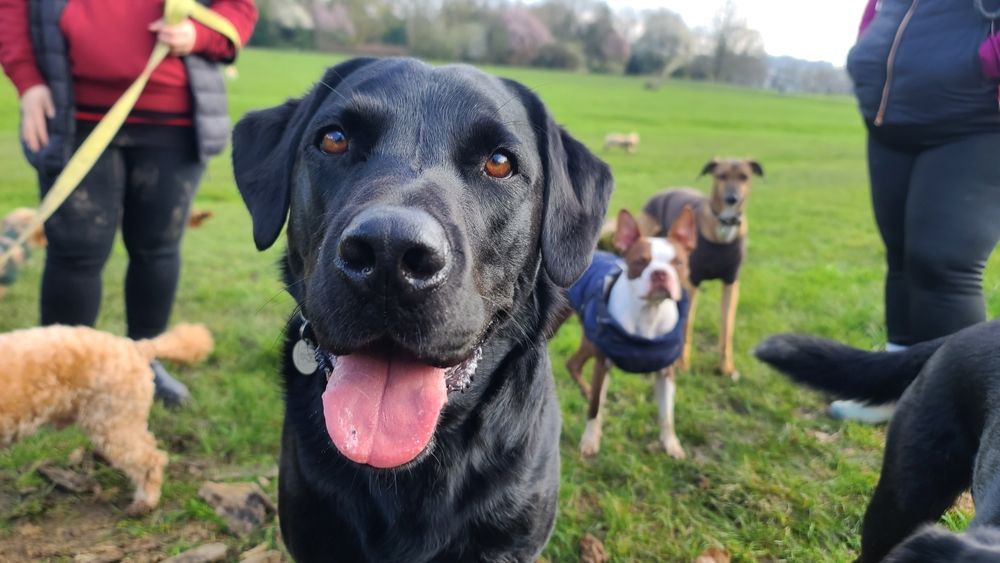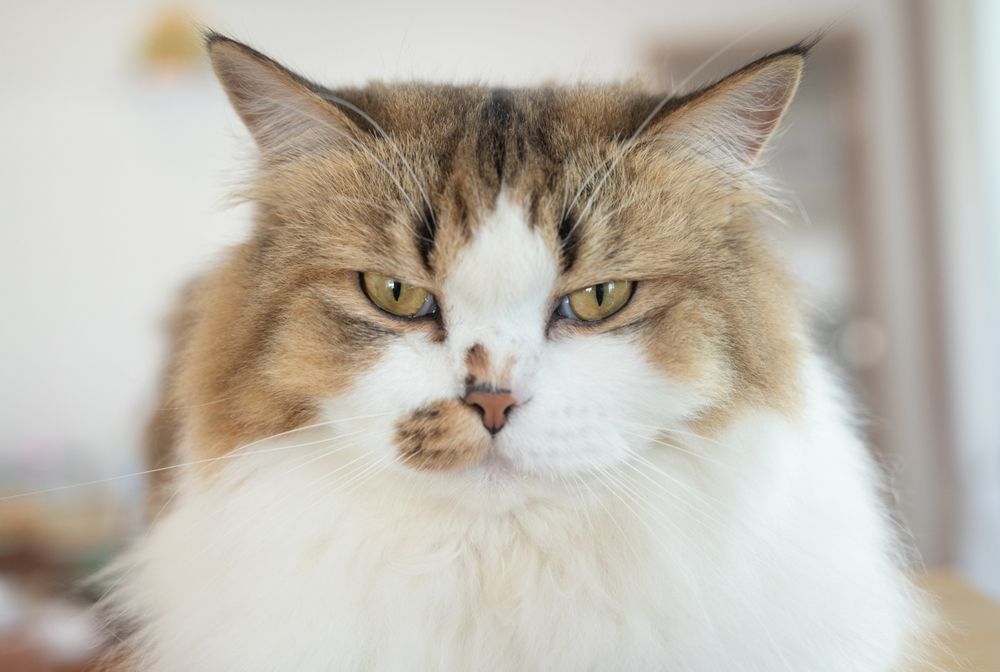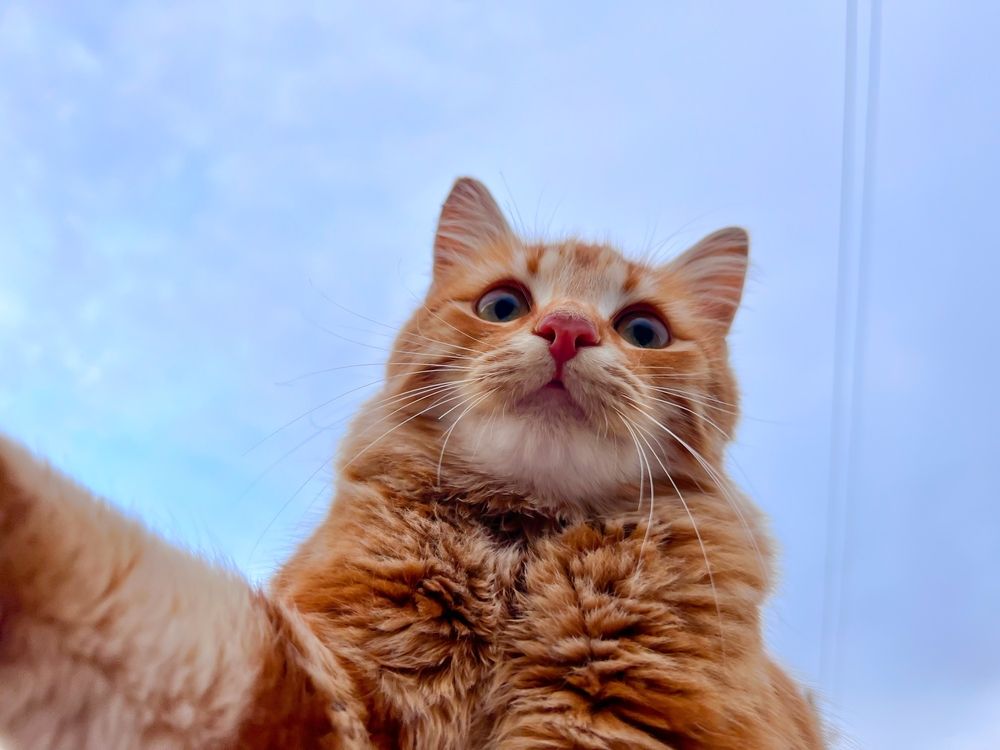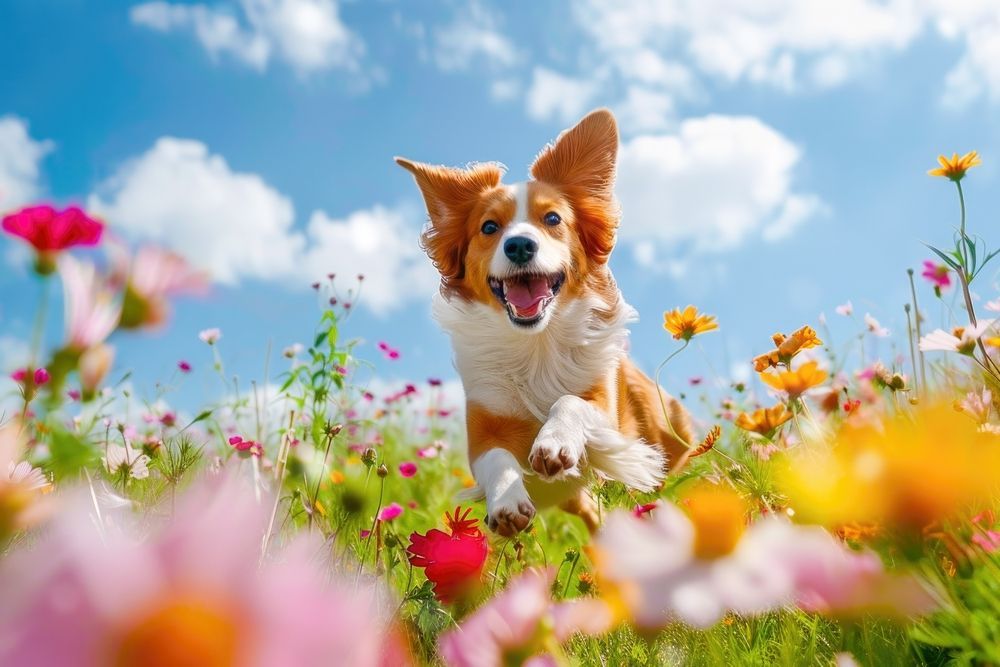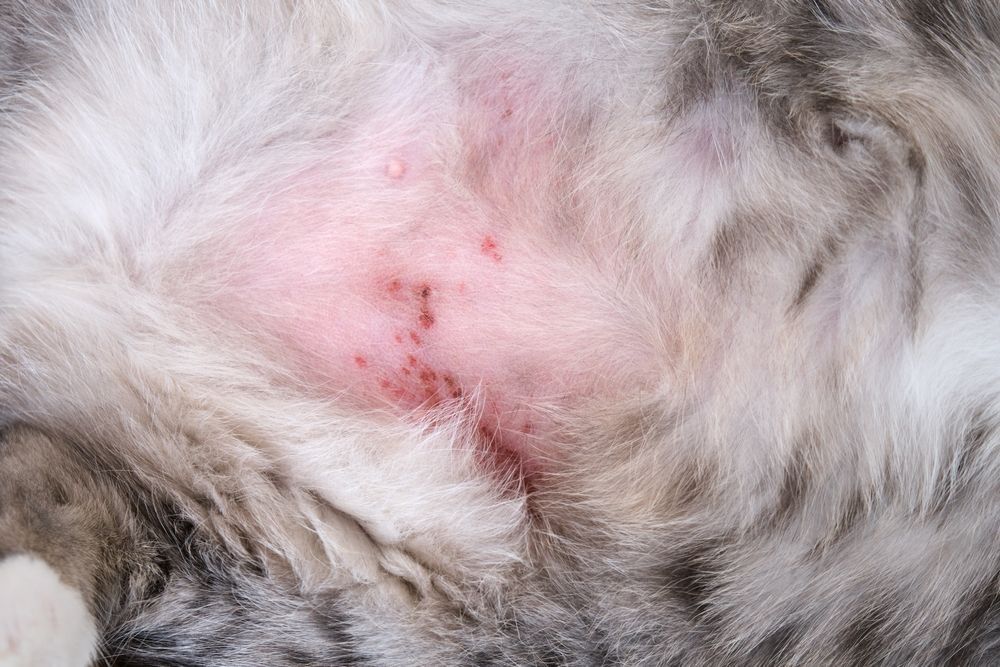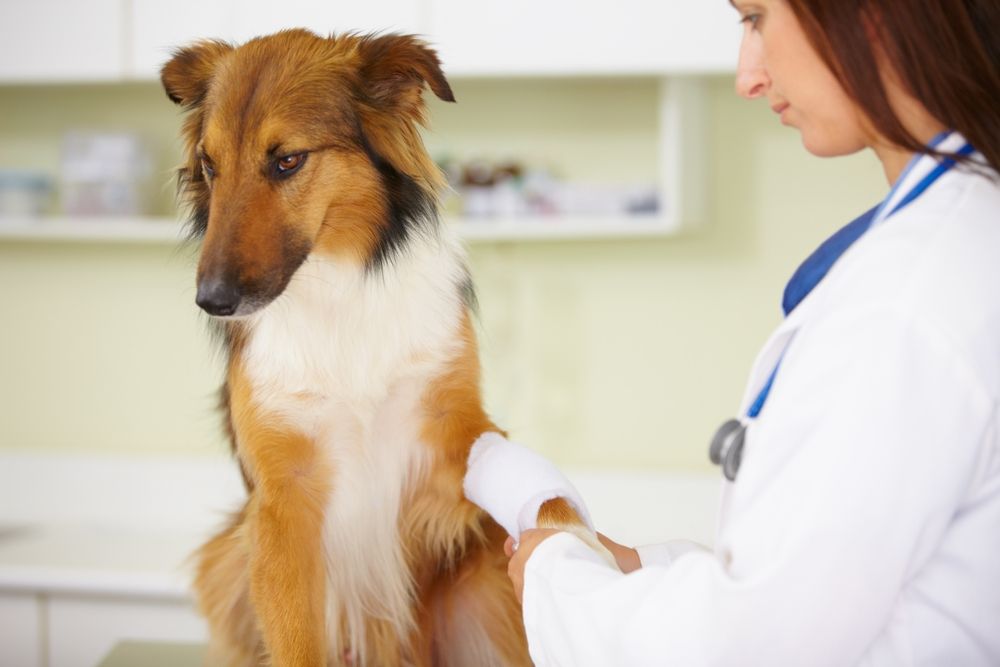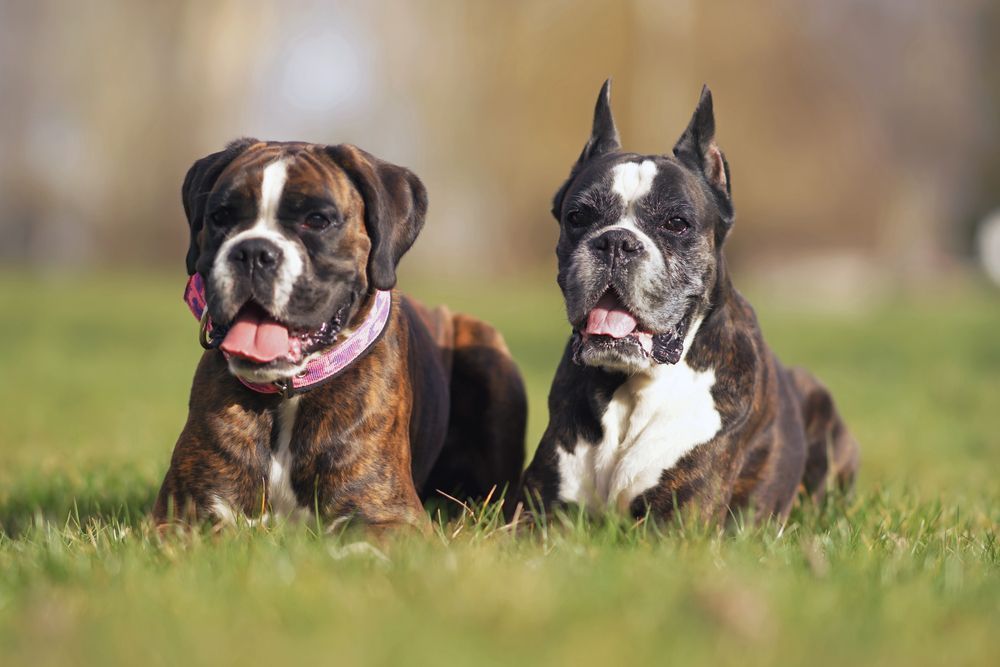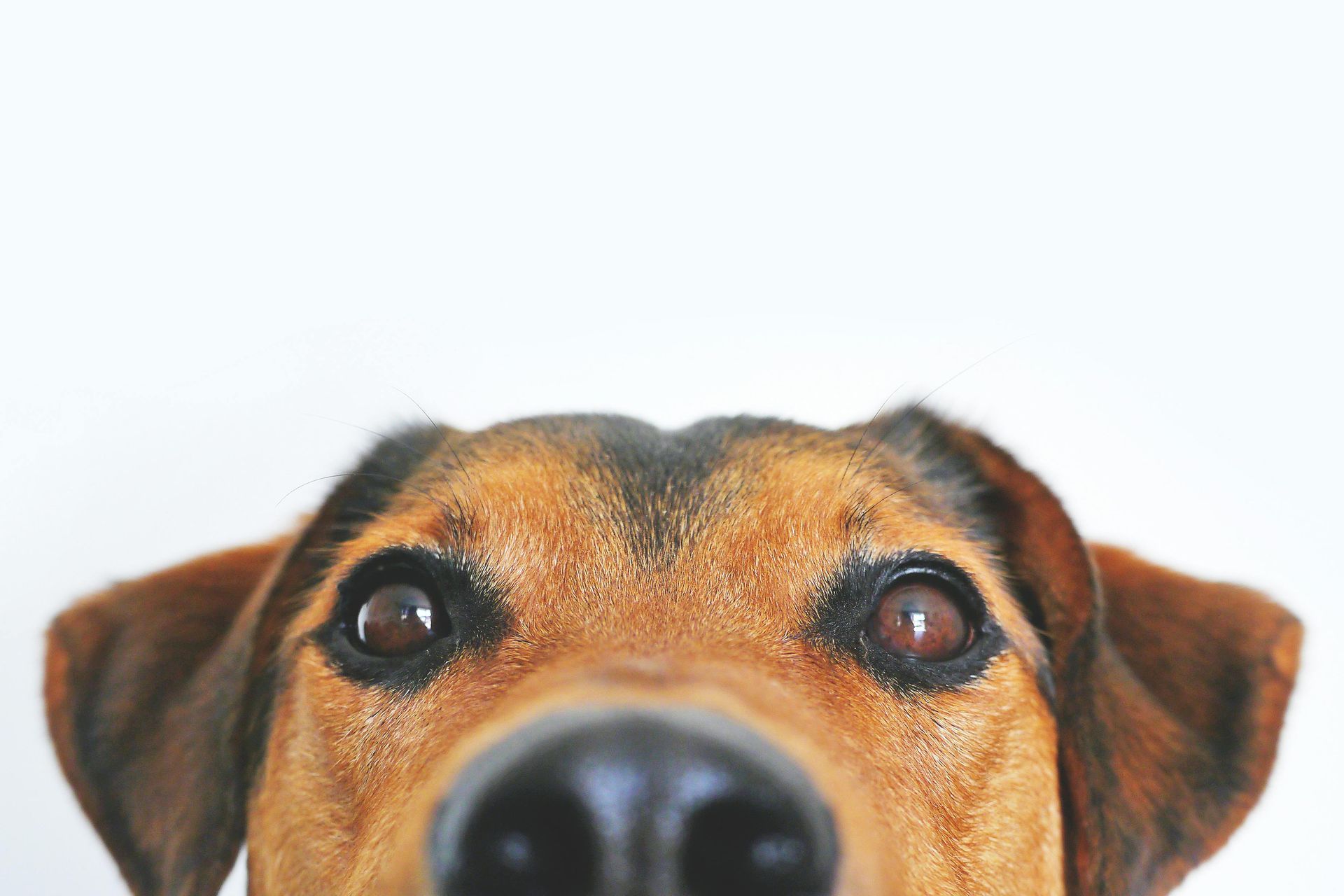Get in touch
Hours of Operation
Mon - Fri: 7AM - 6PM
Sat: 7AM-2PM
Sun: 9AM-5PM
Walk In Hours
Mon - Fri: 9AM - 12PM, 3PM - 6PM
Sat: 9AM - 2PM
Sun: 10AM - 5PM
8615 Normandy Blvd. Jacksonville, FL 32221 | Call (904) 786-5282 | Email FrontDesk@NormandyBlvdAnimalHospital.com
Mon - Fri: 7am-6pm, Sat: 7am-2pm, Sun: 9am-5pm. Walk Ins Accepted Mon - Fri: 9am-12pm, 3pm-6pm, Sat: 9am-2pm, Sun: 10am-5pm. Please note: we are not a 24 hour emergency facility
Know the Signs of Plant Poisoning in Pets
Having plants in your house is excellent for humans, but it can be a problem when you have pets. Many common houseplants are highly toxic to your furry friends, so knowing which ones are safe before you bring them into your home is essential. This is especially true for cats, who are susceptible to plant poisoning and can access planters more easily — even if you put them up high.
So, what kinds of plants are a risk for your pets, and how can you recognize the signs of plant poisoning?
Common Toxic Houseplants
Both cats and dogs are susceptible to being poisoned by houseplants. Other animals may have a bad reaction to plants but have a more challenging time accessing them. The danger usually comes if your pet nibbles the leaves or flowers or brushes against them and then licks pollen or sap off their fur.
Lilies
Although lilies are beautiful, they are some of the most toxic flowers to cats. Felines do not even have to eat the plant itself to become seriously sick. Even licking the pollen off their fur or lapping up water from a vase of lilies can lead to kidney failure. If you notice your cat becoming lethargic, drooling, vomiting, or failing to eat and drink, it may have lily poisoning.
Aloe Vera
Aloe vera is excellent for soothing minor cuts and burns but can be dangerous for your cat or dog. Aloe contains chemicals called saponins, which are toxic to many animals. In cats, aloe poisoning can cause severe vomiting or diarrhea. In dogs, it can cause extreme anxiety, lethargy, vomiting and diarrhea, tremors, poor coordination, and difficulty breathing.
Pothos Plant
Pothos plants are trendy in homes because they are attractive and low maintenance. However, they contain high amounts of a chemical called calcium oxalate. This is toxic to both dogs and cats. The good news is that ingestion does not usually lead to death, but it can cause terrible gastrointestinal distress — and that, of course, can quickly become dangerous. Vomiting, diarrhea, and refusal to eat and drink can all occur.
Poinsettia
Poinsettia flowers are popular holiday decorations; you have probably heard they are toxic to cats and dogs. The truth is that they are, but only mildly so. If your pet happens to lick some of the plant sap, it may vomit or have diarrhea and become lethargic or uncoordinated. None of us want our pets to suffer, but the good news is that they’re unlikely to die from exposure to these holiday flowers.
Sago Palm
Sago palms are attractive and easy to care for, making them popular in homes and gardens. Unfortunately, these palms pose a significant risk to both dogs and cats. It’s not just the leaves — every part of the plant can lead to poisoning.
Sago palms are known for their characteristic nuts along their stalk, which curious pets can easily access. These are also highly toxic. Animals that chew on these plants may develop gastrointestinal distress in mere minutes. High levels of exposure can lead to kidney failure, neurological damage, or death.
Jade Plant
Jade plants, also known as money trees, are popular succulents. While they are only slightly toxic to cats, they can be deadly to dogs.
Symptoms of jade plant poisoning in dogs include vomiting or diarrhea, lethargy, anxiety or aggression, slow heartbeat, balance issues, and seizures.
Protecting Your Pets From Plant Poisoning
The good news is that there are tons of great resources for pet owners to know what plants are safe for their animals. If you think your dog or cat has eaten a toxic plant and is experiencing plant poisoning, do not hesitate to contact our team at Normandy Animal Hospital by calling 904-786-5282 to get help at our Jacksonville, FL, location.
Normandy Animal Hospital
Hours of Operation
Mon - Fri: 7AM - 6PM
Sat: 7AM-2PM
Sun: 9AM-5PM
Walk In Hours
Mon - Fri: 9AM - 12PM, 3PM - 6PM
Sat: 9AM - 2PM
Sun: 10AM - 5PM
Menu
Normandy Animal Hospital | All Rights Reserved | Privacy | Terms of Service | Web Accessibility | Website by Rad Veterinary Marketing

